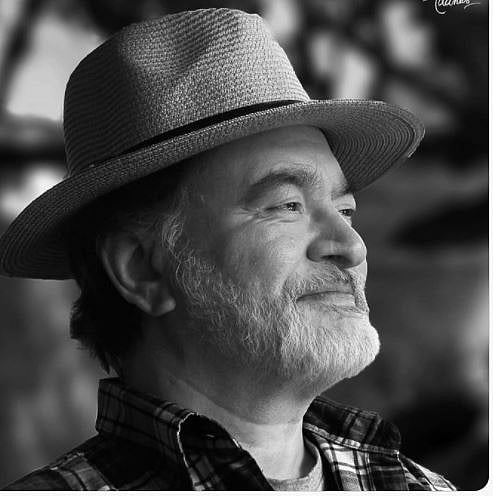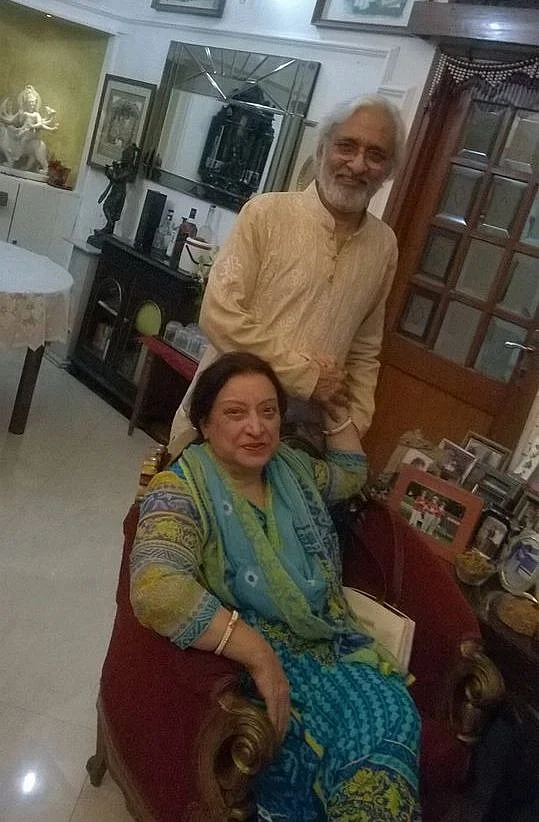Mourning a death and a demolition
Vinod Lal was a central government employee, an officer in the Indian Postal Services. A native of Bharatpur, he would write poems in Urdu under the pen name of Taalib Bharatpuri

Vinod Lal was a central government employee, an officer in the Indian Postal Services. A native of Bharatpur, he would write poems in Urdu under the pen name of Taalib Bharatpuri.
His son, himself a former civil servant and poet, Subodh Lal has a vivid recollection of the day the mosque was demolished. “We were watching an India-Pakistan cricket match on TV. During a break news of the demolition was flashed by CNN.
The antenna was detached and they told their father that there was something wrong with the TV set. We knew the news would distress him, Lal recalls. They also directed the domestic help to make up some excuse the next morning and ensure that morning newspapers were kept away from him for the next few days.


But on the third day, senior Lal somehow got hold of a newspaper. Lal, former director of Shri Ram Centre and a creative director of several DD serials says, “In the morning I asked for the newspaper and the house help said he had been pestered into giving it to our father.”
He rushed to his father’s room and saw him holding his head in despair. “Baba, what’s wrong, what are you reading,” he asked. “My father looked up questioningly and wailed, ‘Subodh, ye kya ho raha hai hamare desh mein?’ and started crying…”. Lal remembers his father resting his head on Lal’s shoulder and cry. Newspaper reports these days are not always accurate, he consoled his father and went on talking in that vein.
It took him several minutes to realise that his father was no more. The shock was too much. “Even after all these years, December 6 reminds us of those traumatic days and our own loss,” says Lal, who also served as president of Zee TV.
The Lal family traces its ‘Ganga-Jamuni tehzeeb’ to growing up in culturally rich cities like Agra, Lucknow and Bhopal. “We hosted mehfils, mushairas and qawaalis at home,” he explains. Pakistani poet Fehmida Riyaz would invariably stay with them every time she visited India.
“Mine was the first Hindu house she saw in India in 1981, and thereafter she always stayed with us. Amrita Pritam requested Prime Minister Indira Gandhi to allot a house to stay on her visits,” recalls Subodh Lal, who has just finished writing a book on close family friend Femida Riyaz, who named her daughter ‘Veerta’, he recalls fondly.
Though his father passed away a few days after December 6, the family observes his death anniversary on December 6 each year.
Distressed at communal hatred, he is however convinced that this phase would not last for long. “We have to return to Ganga-Jamuni tehzeeb’; there is no other option. No country can develop without communal harmony,” says the optimist in him.
(This article was first published in National Herald on Sunday.)
Follow us on: Facebook, Twitter, Google News, Instagram
Join our official telegram channel (@nationalherald) and stay updated with the latest headlines
